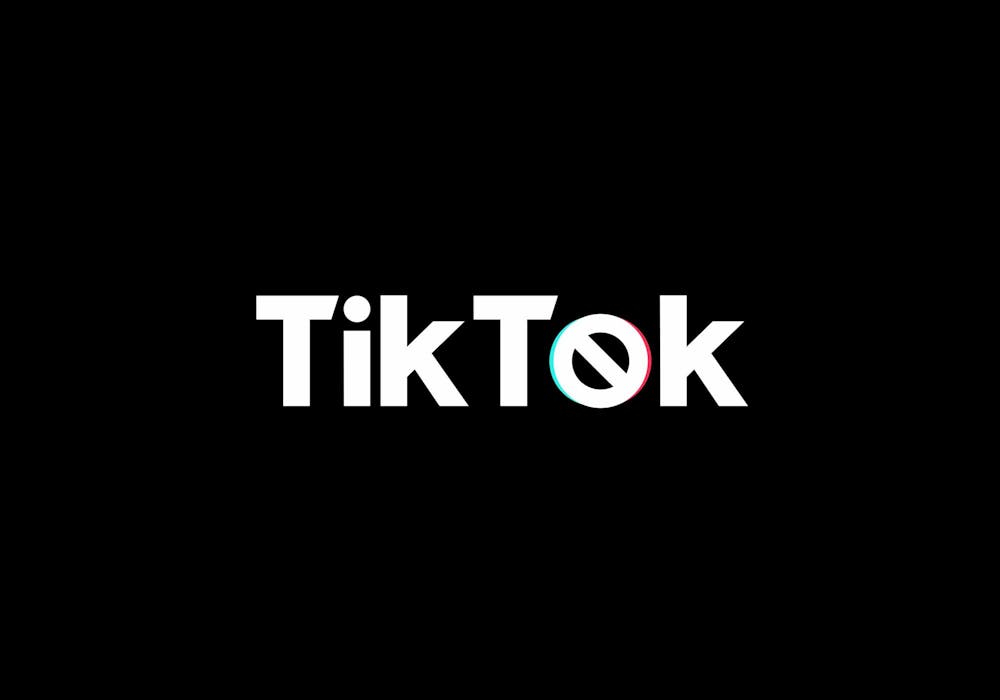On Jan. 18, 2025 the popular social media app, TikTok, was temporarily paused prior to a planned sequential banning. Users across America were unable to use the platform for roughly 14 hours. With the “shut down” now lifted, Saint Mary’s College students offered reflections and opinions about the onslaught of news surrounding controversial ban.
Students pointed to their various theories for the cause of the ban.
“I was definitely very annoyed, just because I think I knew some of the reasoning, [and] a lot of it was speculative,” junior Sheila-Marie Manyara said. “There’s been a lot of other activism going on in the app ... it’s just speculation, but people also thought that that’s what was also pushing the [United States] to ban TikTok, in a sense.”
Freshman Haley O’Brien also claimed there was faulty reasoning behind the abolition.
“I don’t really think they have any clear evidence that China is actually taking our data. And I think it is a slippery slope when it comes to first amendment rights and free speech,” O’Brien said.
Manyara reflected on older generation’s commentary on the younger generations’ usage.
“I feel like the thing with TikTok is that adults really act as if it’s so alien,” Manyara said. “There’s also a tendency to really stereotype TikTok, and also Gen Z in general, [in a way] that we’re ‘so obsessed’ with TikTok and everything.”
According to Manyara, there were many users posting content about their reactions to the ban.
“There was a tendency from certain news outlets to kind of frame it as children throwing a tantrum about people being upset about [the ban], because, yes, there’s some people who are being silly and [are] invalid in their responses, but there’s a lot of people who have a reason to be upset,” Manyara said. “There were people who are content creators on the app, and that’s their job.”
Manyara affirmed that their reactions to the ban would be “definitely upsetting” and “valid.”
When it comes to the value of TikTok, O’Brien believes the app provided positive and negative outlets.
“It depends on the situation. I feel like sometimes when it comes to creativity and study ideas, it’s helped,” O’Brien said. “But, in the moment, it’s quite distracting and, I don’t want to say [it’s] an addiction, but it can get to that point.”
During the 12 hours of the shut down, O’Brien found herself struggling to keep a distance from habitual usage of the app, despite the content of the platform being inaccessible.
“I did what I usually did, but I did find myself, like if I closed an app, I automatically would just click on TikTok again,” she said, ”which was kind of embarrassing and kind of an eye opener. I think a lot of people went through that same thing.”
Freshman Marygrace Fairchild also relayed the struggles of having a similarly-formed media outlet on Instagram Reels.
“Yesterday, I was trying to do some sort of homework, and Instagram reels just distracted me,” she said.
Fairchild does not have TikTok, but believes that following the potential ban, people will shift to another app and “maybe [the ban] will make them more productive."
However, the shift to another app may not be a perfect fit, according to O’Brien.
“I don’t know if there truly can be an alternative, because the algorithm is so unique in TikTok,” O’Brien said. “I think it'll just fizzle out. I don’t think there will be another solution.”










